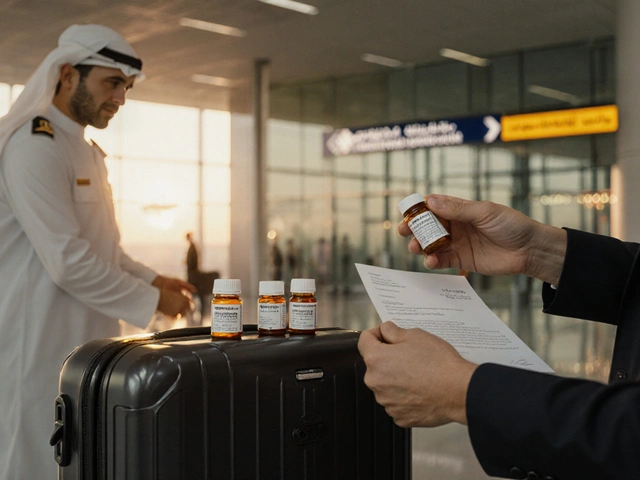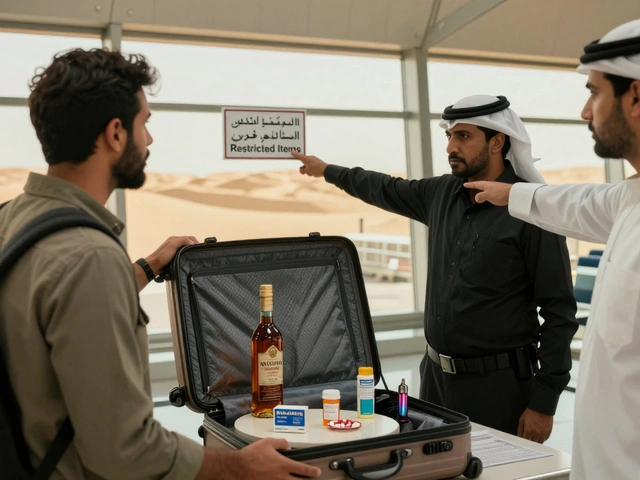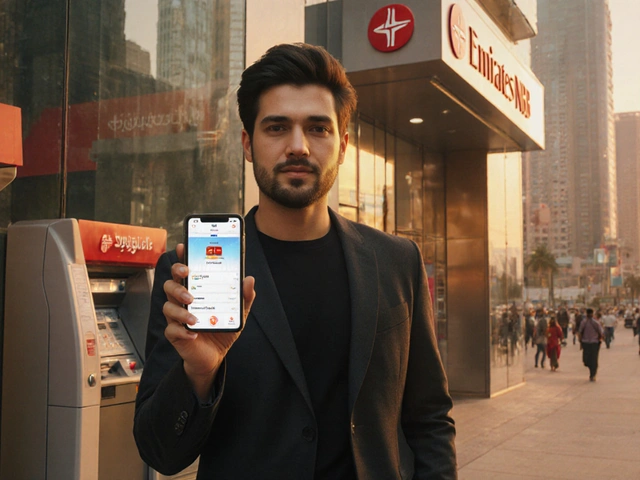Data Security Tips for Travelers and Expats in Dubai
Whether you’re popping into the Burj Khalifa, shopping for cheap gold, or opening a bank account, you need to keep your personal data safe. Dubai is high‑tech and fast‑paced, which means hackers love the same shiny things tourists do. Below are simple steps you can take right now to protect your information.
Secure Your Mobile Devices
First thing – lock your phone with a PIN, fingerprint, or face ID. Turn on automatic updates for iOS or Android; the latest patches close holes that malware tries to exploit. When you download apps for things like desert safaris or restaurant reservations, stick to the official App Store or Google Play. Free versions of popular services often hide hidden trackers that can steal your location and payment details.
Be Smart With Public Wi‑Fi
Dubai malls, cafes, and hotels offer free Wi‑Fi, but it’s a playground for snoopers. Always use a reputable VPN if you need to log into banking, email, or any site with personal data. If a VPN isn’t handy, avoid accessing sensitive accounts until you’re on a trusted network. Look for Wi‑Fi names that match the venue’s branding – fake hotspots usually have slight spelling tweaks.
When you connect, double‑check that the URL begins with https://. The ‘s’ means the connection is encrypted. If you see a warning about an insecure site, exit immediately.
Protect Your Banking and Payment Info
Dubai’s banks, including those popular with expats, use strong encryption, but your side of the transaction matters too. Activate two‑factor authentication (2FA) on every banking app you use. A code sent to your phone or a hardware token makes it much harder for thieves to crack your account.
For credit cards, enable alerts for every purchase. This way you’ll know instantly if something looks off. When you shop for cheap electronics or gold, ask the seller if they accept contactless payment – it keeps your card number from being swiped and copied.
Watch Out for Phishing Scams
Phishing emails and SMS messages are common in the UAE, especially around big events like the Dubai Shopping Festival. If a message asks for your password, OTP, or personal ID, pause. Verify the request by calling the official number printed on your bank’s website – not the number in the email.
Don’t click on links from unknown senders. Instead, go directly to the website by typing the address yourself. This avoids hidden redirects that load malicious code.
Secure Your Social Media and Online Profiles
Travelers love sharing photos from the Dubai Fountain or a desert sunset, but oversharing can expose clues about where you’ll be next. Turn off location tags on Instagram and Facebook before you post. Set your profiles to private if you’re comfortable with fewer eyes seeing your content.
Use strong, unique passwords for each platform. A password manager can generate and store them, so you don’t have to remember dozens of random strings.
What to Do If Your Data Is Compromised
Act fast. Freeze your bank cards, change passwords, and report the incident to your bank’s fraud department. The UAE’s Cybercrime Law provides swift action against digital thieves, but you still need to be the first line of defense.
Finally, keep a backup of important documents – passport scans, travel insurance, and emergency contacts – on a secure cloud service. If your phone is lost or stolen, you’ll still have the info you need to recover accounts and prove identity.
Staying safe online in Dubai is all about simple habits: lock your devices, use a VPN, enable 2FA, and be skeptical of unexpected messages. Follow these tips and you can enjoy the city’s attractions, shopping, and nightlife without worrying about your data falling into the wrong hands.






